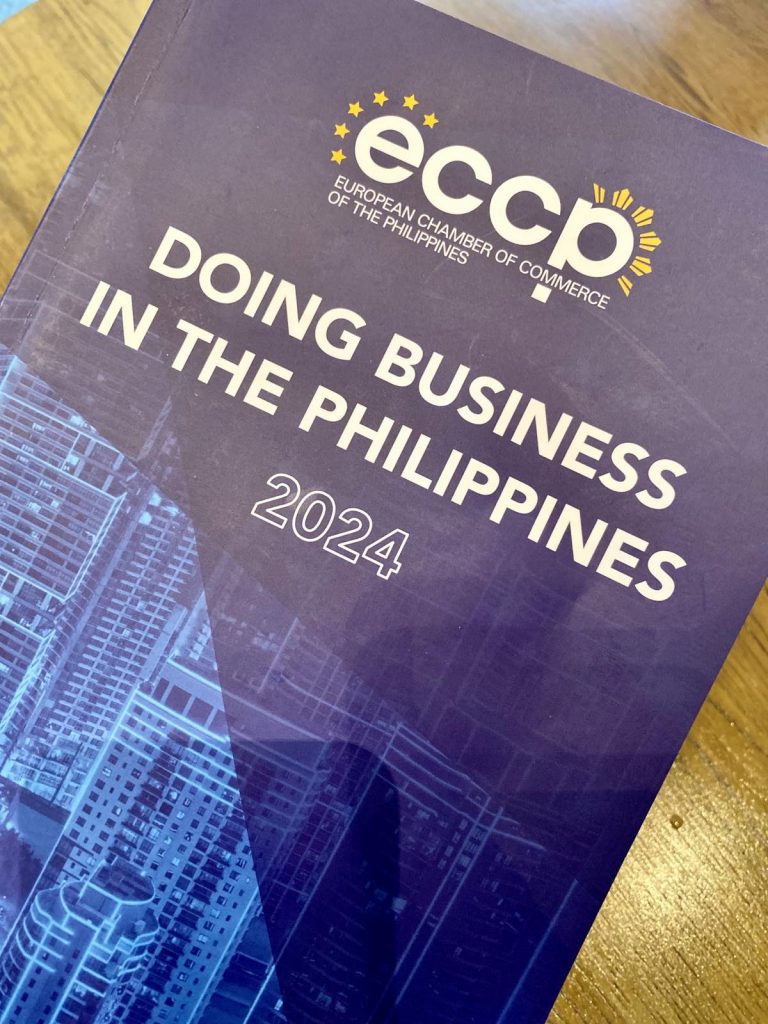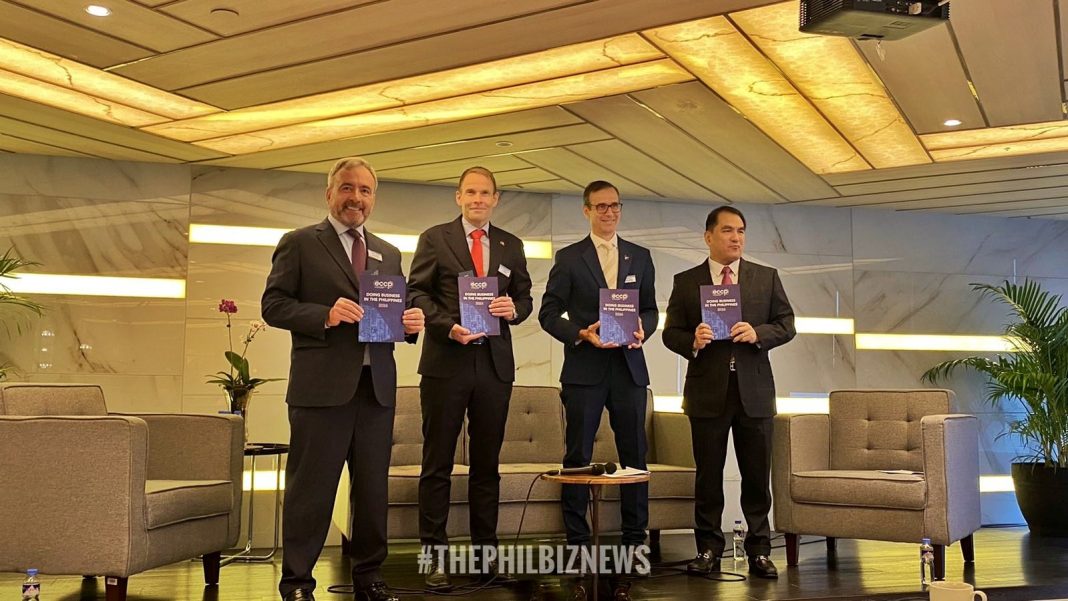By Marinel Peroy
In the Philippines, the micro, small, and medium enterprises (MSMEs) remain the backbone of the country’s economy. As we navigate through the endemic COVID-19 disease, the aim for accelerated economic recovery and the need to bolster foreign investment in the country is empirical.
While the growth of MSME in the country continues to strengthen the economy on its much needed recovery, foreign investment is critical to achieving economic growth.
The Philippines being one of the countries in the ASEAN region that has a lot of opportunities to offer to foreign investors for various sectors such as telecoms, transportation, renewable energy, technology, banking and finance, among others.
Given the strong investors’ confidence in the Philippines, the need for the country to have a comprehensive guide on how to do business in the Philippines will pave the way for drawing strong interest from potential foreign investors.
Cognizant of the need for a comprehensive, transparent and forthright process of doing business in the Philippines, the European Chamber of Commerce of the Philippines and Divina Law partner to unveil the Doing Business in the Philippines 2024 Guidebook 5th Edition.
The release of the guidebook provides prospective foreign investors a bird’s view of how they can take advantage of the investment opportunities in the Philippines, including the minute steps of business registration, capitalization, tax, and industries available for foreign investors, among others.

Also covered in the guidebook are industries and specific regulations in the Philippines renewable energy (RE), financial technology, and telecommunications. Other topics include setting up business in the country, taxation, labor & employment, immigration, and Intellectual Property (IP), among others.
ECCP President Paulo Duarte said that the guidebook aims to empower businesses and attract more investors. Aside from highlighting the key economic reforms such as the amendments to the Public Service Act (PSA), the Retail Trade Liberalization Act (RTLA), and the Foreign Investment Act (FIA), Duarte mentioned the liberalization of renewable energy and the hope of ECCP in the official resumption on ‘prospect’ of the EU-Philippines Free Trade Agreement (FTA) negotiations.
“While acknowledging these substantial strides, the ECCP remains steadfast in its commitment to fostering increased foreign direct investments (FDIs) in the Philippines,” added by Duarte.
More EU-Phl investments
It is an optimistic year for the Philippines in attracting more trade and investments through collaborative efforts with the European Union’s (EU) initiatives and participating in their cooperative programmes.
According to H.E. Luc Veron, Delegation of the European Union in the Philippines, the EU and the Philippines have entered a new era of bilateral relations. Ambassador Veron shared that the Philippines will continue to benefit from the EU GSP+ preferential trade regime until 2027.
“The EU is encouraged by the efforts of the government to improve the ease of doing business. What we look at is a further streamlining of administrative processes relevant for business, in particular, at the local level,” EU Ambassador Veron added.
Norwegian Ambassador Christian Halaas Lyster, on the other hand, shared updates on the European Free Trade Association (EFTA), encouraging the Philippines “to identify areas with high potential for more exports” from the country as this would benefit the economy and the people. He also emphasized that in any business in the world, corruption is not good, and thus must maintain the integrity and stability to attract more investors. Ambassador Lyster also hopes that the Philippines “to take a more active approach” such as conducting more market research for export growth and a boost in economic ties.














